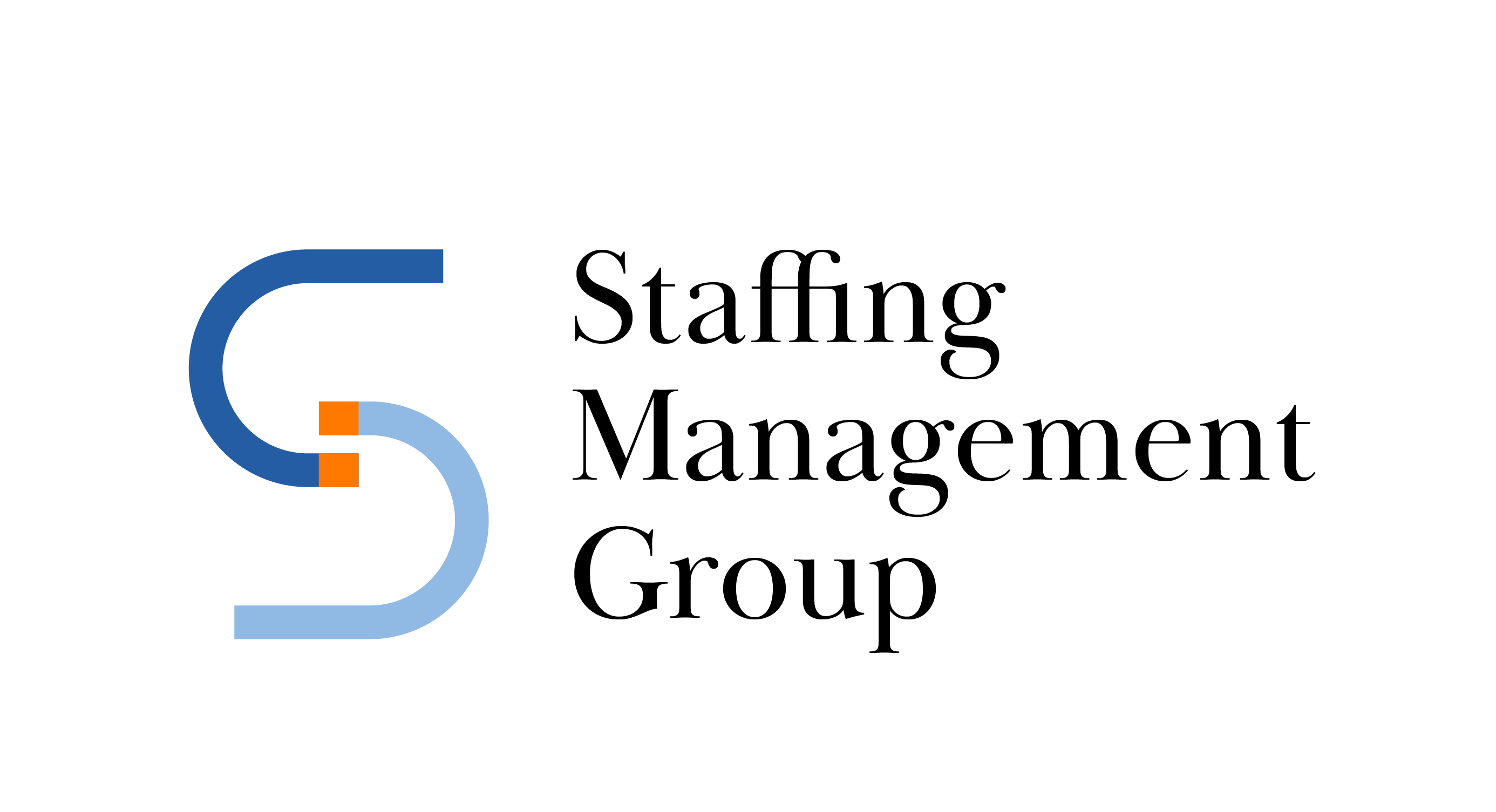The Growing Importance of Diversity and Inclusion in Staffing and Recruiting
The workforce is becoming more diverse, and this is having an impact on the staffing and recruiting industry. Recruiters need to be able to reach a wider range of candidates and be sensitive to the needs of diverse candidates.
Here are some of the reasons why diversity and inclusion are important in staffing and recruiting:
- It can help businesses attract and retain top talent. A diverse workforce can offer a wider range of perspectives and experiences, leading to more innovative solutions and better decision-making.
- It can help businesses to serve their customers better. A diverse workforce can help businesses understand their customers’ needs better and develop products and services that meet those needs.
- It can help businesses to comply with employment laws. Businesses are required to comply with several employment laws, including anti-discrimination laws. A diverse workforce can help businesses comply with these laws by ensuring all candidates are treated fairly and equally.
There are several things that recruiters can do to promote diversity and inclusion in the staffing and recruiting process:
- Use inclusive language in job postings. Avoid using language that is discriminatory or that excludes certain groups of people.
- Reach out to a wider range of candidates. Don’t rely on traditional recruiting methods like job boards and newspaper ads. Reach out to candidates through social media, networking, and other channels.
- Be sensitive to the needs of diverse candidates. Be aware of diverse candidates’ challenges in the hiring process, such as language barriers or transportation challenges.
By taking these steps, recruiters can help to create a more diverse and inclusive workforce, which can benefit businesses in several ways.
Here are some additional tips for recruiters who want to promote diversity and inclusion:
- Get to know your candidates as individuals. Take the time to learn about their backgrounds, experiences, and goals. This will help you to understand their unique perspectives and how they can contribute to your organization.
- Be an advocate for diversity and inclusion. Speak up when you see or hear discriminatory behavior. Let your colleagues know that you value diversity and inclusion and are committed to creating a welcoming and inclusive workplace.
- Celebrate diversity and inclusion. Find ways to celebrate the diversity of your workforce. This could include hosting events, recognizing employees’ contributions, or simply creating a culture of respect and understanding.
By following these tips, you can help make your organization a more diverse and inclusive workplace.
